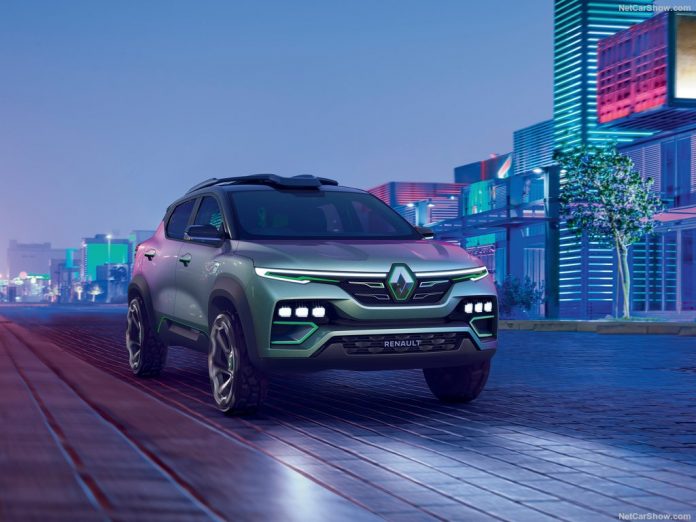North Africa’s car market outlook is forecasted to be the fastest-growing in the World in the next 5 years, with a CAGR of 10.8% and a projected 678.000 units sold per year. Renault will remain the undiscussed leader and is expected to surpass 60.000 sales per year, followed by Volkswagen and Peugeot.
The present situation in North Africa
At the moment the entire region of North Africa is in a severe crisis. In fact, the spread of COVID-19 infections has accentuated the already fragile situation in the area.
Egypt is the only market in the region that has not been affected negatively, in fact, it is up over 10% this year. The reason for this unexpected growth is because at the moment the vehicles market in Egypt is experiencing extreme volatility caused by inflation, causing the sudden rise and fall of prices. At the moment the prices are significantly lower since the country is in a deflationary period and tourism -the most important business in the country- has been severely affected. This fall in prices incentivizes the purchase of new vehicles for the population, explaining this countertrend growth.
Morocco and Tunisia have both experienced a sharp fall this year (losing 37.6% and 22.7% respectively) because of the lack of tourism to sustain the economy. Nevertheless, both these countries were very promising markets, with Morocco reporting 3 all-time sales records in a row from 2016 to 2018 and Tunisia reporting 4 all-time records in a row from 2014 to 2017 before experiencing a severe economic crisis in 2018.
The situation in Algeria has been very peculiar because it used to be the second-largest vehicle market in Africa after South Africa, but since 2014 the government has chosen to ban the import of vehicles in the country to push manufacturers to build facilities in the country. Because of this decision, the prices for new cars skyrocketed fairly quickly and the market fell from an all-time record of 429.960 units sold in 2013 to 125.121 units sold in 2019, a reduction of 70.9% in sales. COVID-19 impacted a market that was already on its knees, and in fact, only 16.427 units have been sold Year to Date, registering the lowest numbers in 40 years.
An Outlook to the Future
We expect North Africa to be the region with the biggest growth in the world in the next 5 years compared to its performance in 2020. In fact, based on the projection to 2025 of all historical auto market data (by segment, brand, and model) with all internal factors and economic outlook, our research team expects the industry to be at over 678.000 units by 2025, with a 2020-2025 CAGR of 10.8%.
According to our forecast up to 2025, Renault will be the undiscussed leader in the region and will surpass 60.000 sales per year, followed in the distance by Volkswagen which will reach 32.000 sales per year. Peugeot will remain further behind, with almost 19.000 units sold per year expected in 2025.
Egypt is the only country in the area with a less positive projection up to 2025 as the same volatility in inflation that caused this spike in growth in such an uncertain period may as well cause a fall in sales in the next few years.
Morocco and Tunisia are will be able to recover swiftly as soon as the lack of tourism affecting the economy of the countries will start to disappear, and they will return to the growth rate that they have been experiencing the past few years and set new sales records.
The Algerian government has been discussing this summer about lifting the vehicles import ban that has crippled the market for the past 6 years. As soon as the ban will be lifted, the Algerian market will explode, and grow extremely rapidly, outperforming most of the countries in the area in terms of growth. Another important factor that influences its performance is oil prices, if they will rise in the next few years this could greatly benefit the market since Algeria is the 18th country in the world ranked by oil production and produced over 1.35 million barrels a day in 2019.
Another country that can’t do anything but grow is Libya, but these previsions of growth are difficult to quantify precisely as they are heavily influenced by the peace process, which has already been interrupted several times. This year, Libya has been producing over 1.2 million barrels of oil per day and used to be the 8th largest producer of oil. It could be the fastest-growing country in the world if peace is maintained, with an expected growth of 400-500%.
To get further details and a custom-made analysis, please contact us.











